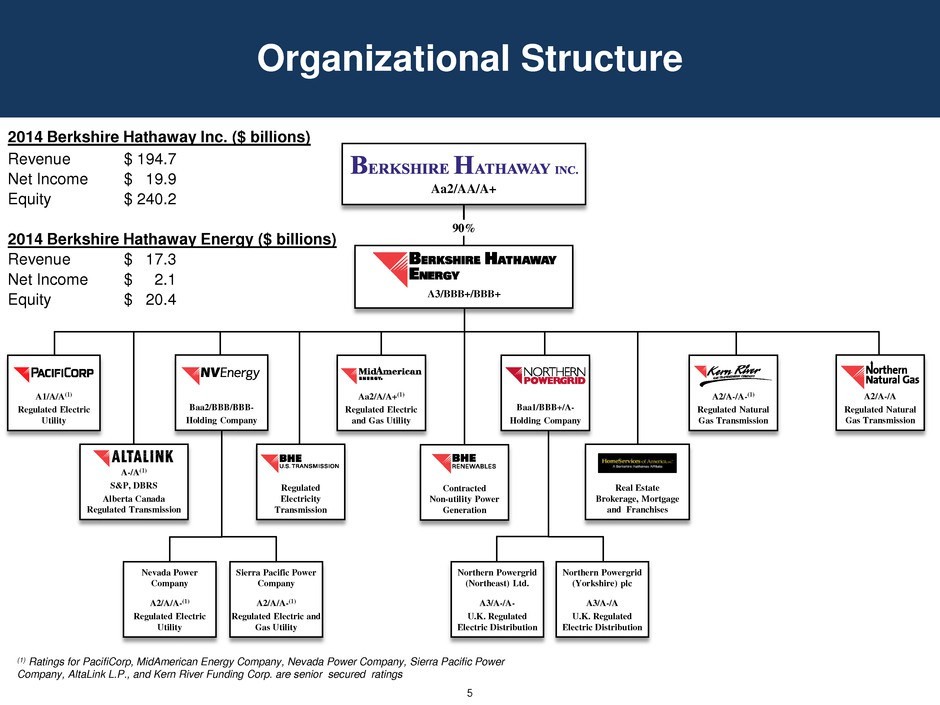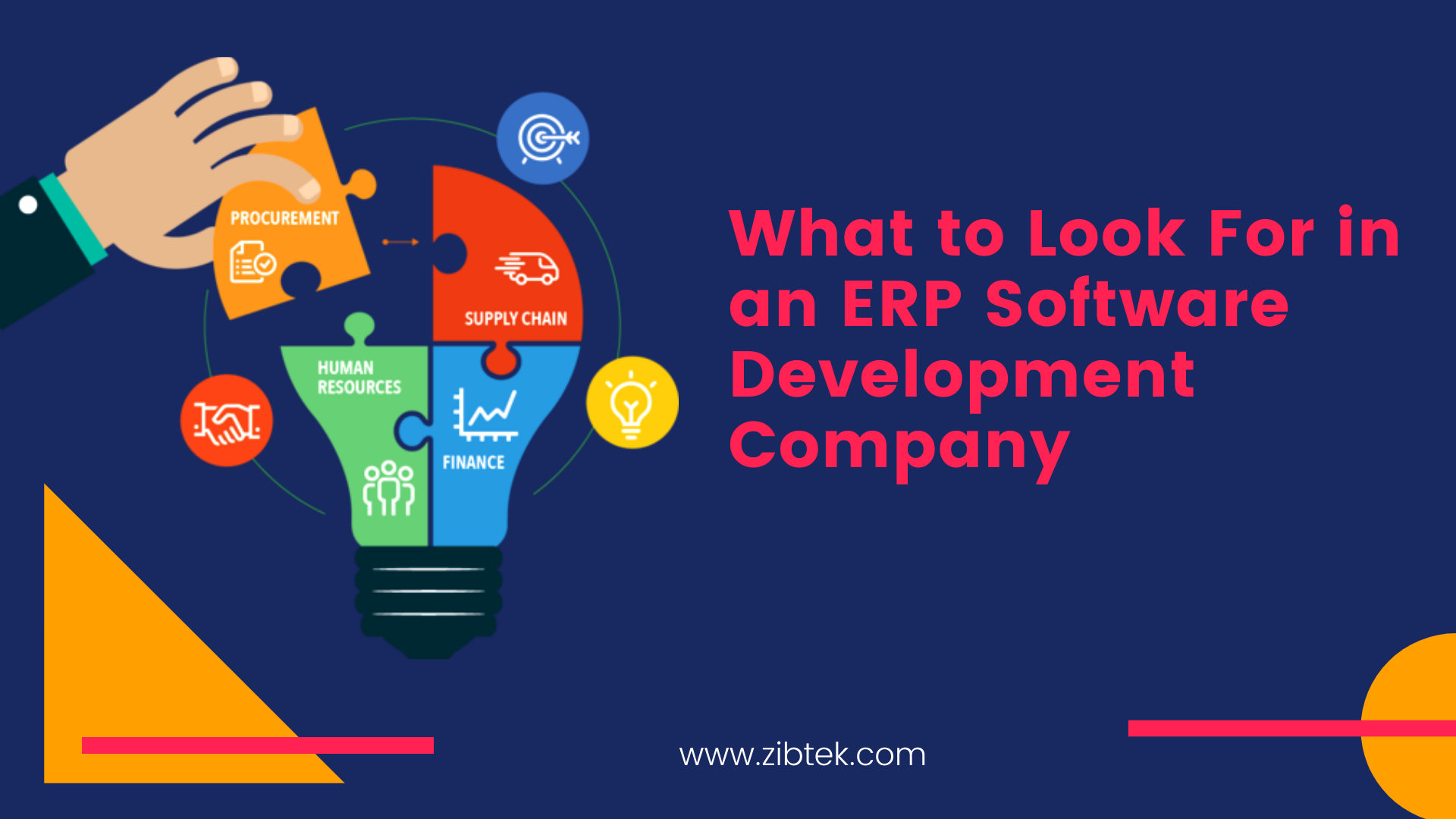
Ramboll appointed three new senior managerial consultants to its London, Leeds and London practices. Graham Harker, Jeffrey Franklin and Richard Wood will be the new leaders. They will each be responsible for overseeing a team that specializes in environmental risk management and impact assessments. Their combined experience will bring a wealth of experience to the firm's clients.
Richard Wood
Richard Wood, Ramboll Environmental Chief Executive Officer, has more 30 years of experience in civil engineering as well as environmental consulting. His experience includes planning and design, environmental permitting, project management, and construction inspection. He has worked on many projects, including potable water treatment and wastewater treatment. His experience extends to budget tracking and project management.
Wood comes from the Environment Agency where he was a regulatory and environmental officer for over 20 years. The company also announced the appointment of Dr Graham Harker, who joins the air quality team in Birmingham. The appointments are expected to lead the company's UK environment practice, which is experiencing considerable growth.

Wood has extensive experience in working on federally funded projects in many fields. His expertise includes the preparation of designs, specifications, reports, and studies for hazardous material handling facilities, as well consulting services and facility design. He is a Florida Licensed Asbestos Consult and a Certified Professional Engineer.
Graham Harker
Ramboll has named six new senior staff members to its UK Environment team. These professionals will reside in the London offices, Leeds, Manchester, Birmingham, and Manchester offices. Richard Wood joins the company as a senior consultant and managing director. He has 20 years experience as an Environment Agency Environment and Regulatory officer.
In addition, the firm has appointed a Principal based in Manchester, Rob Steer. His extensive experience in safety management, CST and other areas will allow him to expand the company's offerings in this area. The new Principal will offer guidance to a wide range of clients. Philip Rogers, who is the new senior manager of the firm, is also welcome.
Jeffrey Franklin
Jeff Franklin has been promoted to the role of senior managing consultant for Ramboll's UK environment practice. He previously served as the Environment Agency's Environment and Regulation Officer. He has more than 20 years of experience in environmental regulations, and extensive knowledge in oil and natural gas projects. Franklin is also responsible for the UK's air-quality impact assessment practice.

Ramboll has added several new members to its staff. Dr. Philip Rogers (a University of Greenwich Lecturer) has joined the company to serve as Senior Managing consultant and will lead the company’s ecology & biodiversity practice. Jeffrey Franklin has joined the firm's London compliance office. He brings 15 years of expertise in providing guidance and support for safety and health management.
FAQ
How do I start an LLC consultancy business?
The first step is to decide what service provider you want to be. You must then ensure you are qualified to offer those services. It may be a good idea to seek out someone who offers the services you need and observe their work.
Once you have a clear idea of what you are offering, you can start to identify your target market. If there aren't enough of them, you may need to create them.
Next, you will need to decide if you want to start your own business or hire others.
It is possible to also start your own consulting firm by obtaining a license from the State. But this will require a lot more paperwork and legal costs.
Do I have to pay tax on consulting income
Yes, you must pay tax on the consultancy profits. The amount you earn depends on your annual income.
If you are self-employed, expenses can be claimed on top of your salary. These expenses include rent, childcare and food.
But, interest payments on loans, vehicle and equipment depreciation will not be allowed to be deducted.
You can only claim back 25% of your expenses if you earn less than PS10,000 a year.
You might be taxed even if you make more than the threshold depending on whether your income is contractor or employee.
Employees are generally taxed through PAYE (pay as you earn) and contractors through VAT.
Why would a company hire a consultant?
Consultants provide expert advice on how to improve the performance of your business. They are not there to sell you products.
A consultant helps companies make better decisions by providing sound analysis and recommendations for improvement.
Consultants often work closely alongside senior management teams to help understand what they need to succeed.
They also offer leadership training and coaching to ensure that employees are able to perform at their best.
They may advise businesses on reducing costs, streamlining processes, and increasing efficiency.
How much are consultants paid?
While some consultants make $100k+ per year, most consultants only earn between $25-$50k. The average salary for a consultant is $39,000. This applies to both hourly and salaried consultants.
Salary depends on industry, experience, location, and type of contract (contractor vs employee). Also, whether the consultant is located in their office or remote.
Statistics
- My 10 years of experience and 6-step program have helped over 20 clients boost their sales by an average of 33% in 6 months. (consultingsuccess.com)
- According to IBISWorld, revenues in the consulting industry will exceed $261 billion in 2020. (nerdwallet.com)
- On average, your program increases the sales team's performance by 33%. (consultingsuccess.com)
- So, if you help your clients increase their sales by 33%, then use a word like “revolution” instead of “increase.” (consultingsuccess.com)
- Over 50% of consultants get their first consulting client through a referral from their network. (consultingsuccess.com)
External Links
How To
What does a typical day look like for a consultant?
Each type of work will dictate the day's pace. You'll spend your time researching new ideas and meeting clients.
You will often have meetings where you discuss issues and problems with clients. These meetings can be done over the phone or via email.
You may also be asked to prepare proposals, which are documents outlining your ideas and plans for clients. These proposals should be discussed with a mentor or colleague before being presented to clients.
You will need to create content after all your planning and preparation. You could write articles, design websites, edit photos or conduct interviews.
Based on the scope and complexity of the project you may need research to obtain relevant statistics. For example, you may need to find out how many customers you have and whether they are buying more than one product or service.
Once you have gathered enough information, it's time to present your findings to clients. You can either present your findings in writing or orally.
After the initial consultation, it is important to follow up with clients. You might contact them regularly to check on their progress or send them emails to confirm they have received your proposal.
While this can be a slow process, it's essential to remain focused and maintain good working relationships with clients.